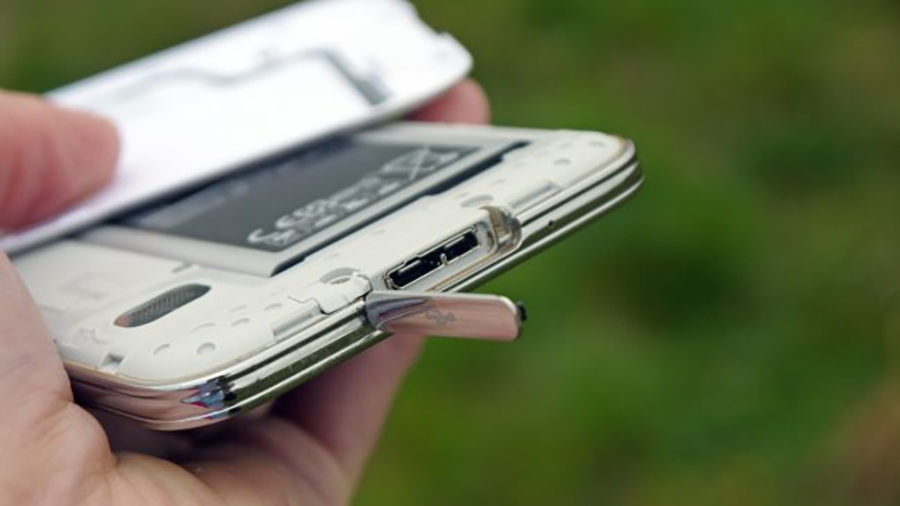New tech could quadruple your phone's battery life, all thanks to an accident

Researchers from China and the US have made a breakthrough in battery technology that could result in future mobile devices having longer lasting and better performing batteries.
The new technology is so good that it could extend the life of batteries by up to four times – and it does so by using chemical components that help the batteries to lose their charging capabilities much slower than traditional batteries.
This doesn't mean we'll get batteries that last four times longer than present batteries between charges, but it does mean that the batteries in our smartphones and other devices will last longer without needing to be replaced.
Good spot
Perhaps most impressively, the researchers, Wang Changan of Tsinghua University, in Beijing, and Li Ju of the Massachusetts Institute of Technology, discovered the potential of the new technology by accident when studying how to remove oxide coating from aluminium nanoparticles.
While studying the nanoparticles the researchers found they could protect them using the conductive material titanium oxide which would replace the graphite anodes found in regular Li-ion batteries.
Because the graphite anodes expand and contract when the battery powers the device, the process leads to the battery decaying over time – which is why your smartphone's battery gets less effective every time it is charged.
Dr Wang and Dr Li built some batteries to test the new nanoparticles and found that after 500 cycles of charging and discharging the batteries, they still retained as much as four times the capacity as the traditional Lithium-ion batteries that were put through the same stress tests.
Sign up for breaking news, reviews, opinion, top tech deals, and more.
There was no mention of consumer products in the report, and the technology would have to be able to be made on an industrial scale, so we probably won't see these new batteries in smartphones any time soon. However, the technology has huge implications for future smartphones, along with battery powered industrial devices and even battery powered cars.
For a more in depth look at the technology behind the new batteries, check out The Economist's report.

Matt is TechRadar's Managing Editor for Core Tech, looking after computing and mobile technology. Having written for a number of publications such as PC Plus, PC Format, T3 and Linux Format, there's no aspect of technology that Matt isn't passionate about, especially computing and PC gaming. He’s personally reviewed and used most of the laptops in our best laptops guide - and since joining TechRadar in 2014, he's reviewed over 250 laptops and computing accessories personally.